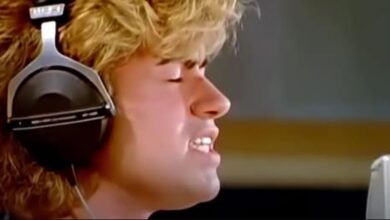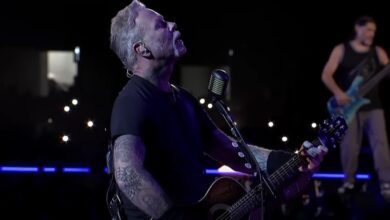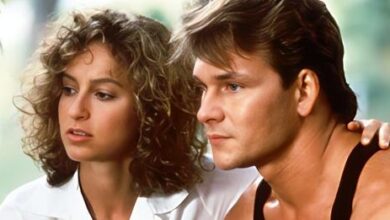Paul McCartney’s London “Hey Jude” Shows 76-Year-Olds with High Notes Outshine Today’s Artists
Paul McCartney’s 2012 performance of “Hey Jude” live in London stands out as one of the most memorable moments in contemporary music history. This event took place during the closing ceremony of the London 2012 Summer Olympics, a grand occasion that brought together some of the most iconic figures in the music world. As the crowd of thousands filled the stadium, the atmosphere was charged with anticipation. When McCartney took the stage, the audience erupted in applause, a testament to his enduring legacy and the universal appeal of his music.
As McCartney began to play the familiar chords of “Hey Jude,” the energy in the stadium reached a fever pitch. The song, originally released by The Beatles in 1968, has long been a fan favorite, and hearing it performed live by one of its original creators was a momentous experience. McCartney’s voice, though aged, retained its distinctive warmth and power. His performance was a poignant reminder of his remarkable career, which has spanned over five decades and influenced countless musicians and fans worldwide.
The most extraordinary moment of the performance came during the song’s iconic coda. As McCartney led the audience in singing the “na-na-na” refrain, the entire stadium joined in, creating a unified, resonant harmony that echoed far beyond the venue. This communal experience, where thousands of voices came together in song, highlighted the profound connection between McCartney and his fans. It was a moment that transcended the boundaries of a typical concert, turning it into a shared celebration of music and memory.
Despite being 76 years old at the time, McCartney’s ability to hit the high notes and maintain his vocal strength was nothing short of remarkable. This performance was a powerful testament to his enduring talent and passion for music. It also served as a subtle but powerful statement about the timeless nature of true artistry, suggesting that genuine talent can outshine the ephemeral appeal of many contemporary artists.
The performance was also deeply emotional for McCartney, as it took place just a few months after the death of his former bandmate, John Lennon. The song “Hey Jude,” which McCartney originally wrote to comfort Lennon’s son, Julian, after his parents’ separation, carried an added layer of poignancy. This sense of loss and remembrance imbued the performance with an extra emotional depth, making it not just a musical event but a heartfelt tribute to a lifelong friendship and the enduring power of The Beatles’ legacy.
McCartney’s career is filled with such memorable moments. Born in Liverpool in 1942, he rose to fame as a member of The Beatles, one of the most influential bands in music history. His work with the band revolutionized popular music, blending innovative sounds with deeply personal lyrics. After The Beatles disbanded in 1970, McCartney continued to find success with his solo career and as a member of the band Wings. His versatility as a musician, songwriter, and performer has earned him numerous awards and accolades, including multiple Grammy Awards and induction into the Rock and Roll Hall of Fame.
Beyond his musical achievements, McCartney is also known for his activism and philanthropy. He has been a vocal advocate for animal rights and environmental causes, using his platform to raise awareness and inspire change. His commitment to these issues reflects his broader philosophy of using his influence for the greater good, a principle that has guided his career both on and off the stage.
The performance of “Hey Jude” at the London Olympics remains a highlight in McCartney’s illustrious career. It encapsulated the essence of his musical journey – the ability to connect deeply with audiences, the resilience to perform with undiminished passion, and the talent that transcends generations. As fans continue to revisit this iconic performance, it serves as a reminder of McCartney’s lasting impact on music and culture. The performance not only honored the legacy of The Beatles but also celebrated the unifying power of music, proving once again that Paul McCartney’s influence is as enduring as ever.





